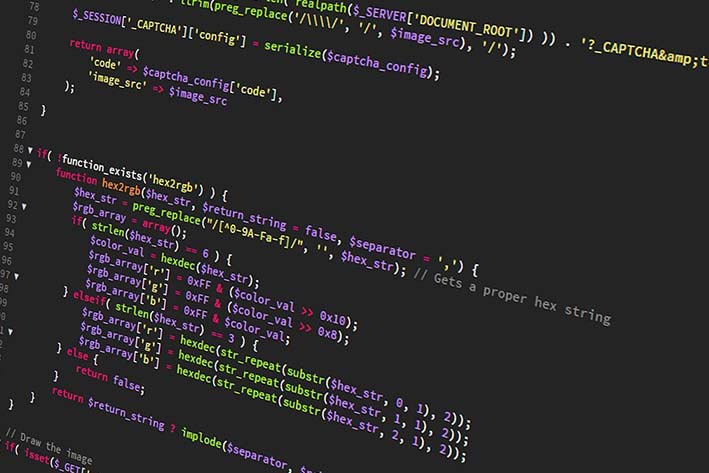Course Information
Course Description
In this course, students will embark on an exciting journey to explore the world of computers. Through interactive lessons, they will gain a comprehensive understanding of how computers function and develop coding skills using visual programming languages like Scratch. They will also discover the importance of human instructions in enabling computers to perform tasks.
Course Objectives
The course aims to achieve the following objectives:
- Foster the development of fundamental computational thinking skills and expand students' vocabulary in this domain.
- Enhance problem-solving abilities by breaking down complex tasks, recognizing patterns, and extracting essential information from instructions.
- Improve communication skills by effectively presenting instructions verbally and visually, with increasing precision.
- Develop logical thinking skills to identify and troubleshoot errors in complex computing scenarios.
- Cultivate an understanding of the influence of computers, machines, and data on various aspects of students' lives.
Course Outline
- Computational Thinking: Creating solutions using algorithms, logic, and precision
- Programming: Exploring programming constructs and learning from computer scientists' contributions.
- Managing Data: Reflecting on data storage and analysis at a large scale.
- Networks and Digital Communication: Understanding computer communication across networks and related hardware and protocols.
- Computer Systems: Exploring how computers process inputs, make decisions, and produce outputs.
Student Acquisitions
After successfully completing this course, students will:
- Enhance their computational thinking abilities and expand their vocabulary in the field.
- Attain proficiency in coding using visual programming languages.
- Grasp the fundamentals of data management and recognize its importance.
- Gain a comprehensive understanding of networks, digital communication, and hardware.
- Acquire knowledge about computer systems and comprehend their operations.
Learning Methodologies
This course incorporates a wide range of engaging activities, including programming animations, quizzes, and games. Students investigate and create programs using the constructs they learn. Revisiting these activities reinforces learning throughout each stage.
Our emphasis in this subject is on formative assessment, with teachers providing feedback based on students' skill development. Through discussions, observations, and evaluating lesson outputs, teachers offer feedback that highlights areas for improvement and encourages reflection.





